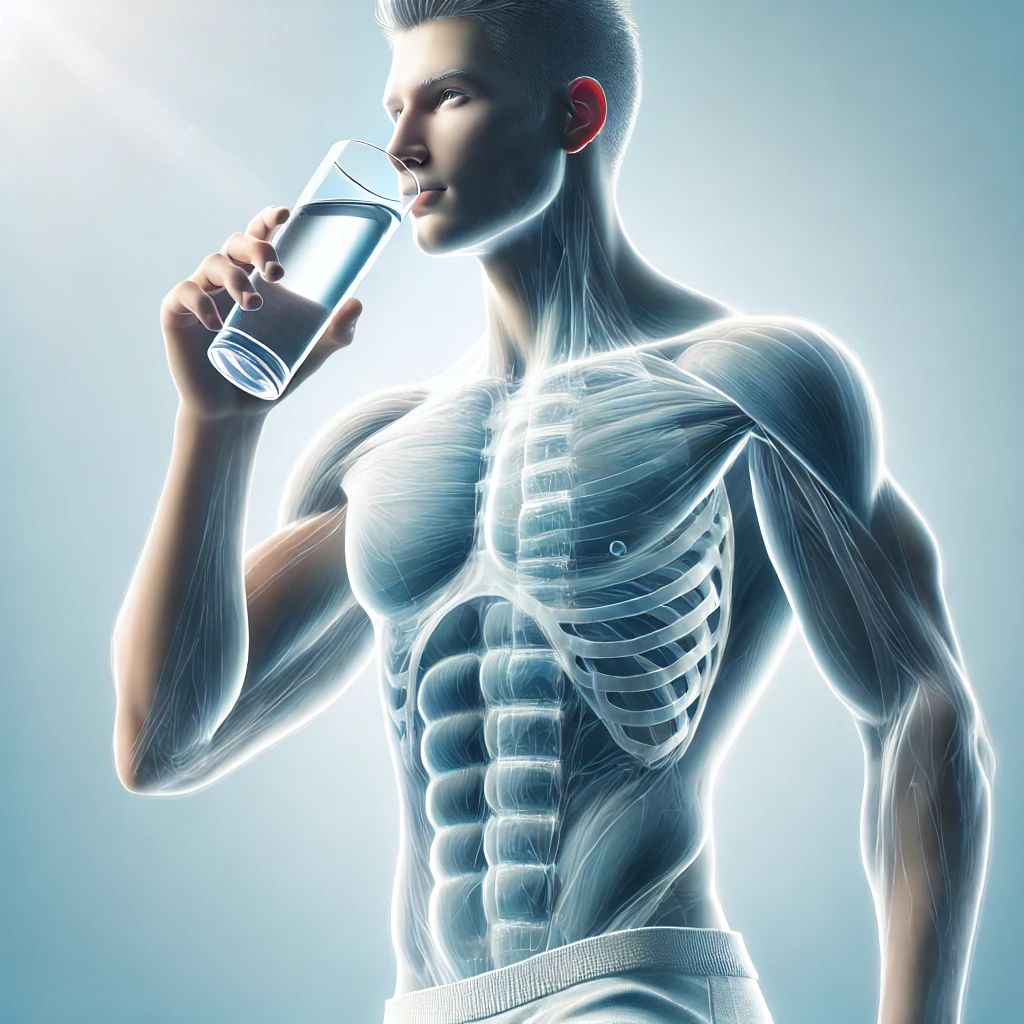Drinking water is often regarded as one of the key elements of a healthy lifestyle, and many believe that increasing water intake can aid in weight loss. Tips for drinking more water frequently appear in various diet plans and fitness programs. But does drinking more water really help with weight loss process, or is it just another myth used to motivate healthy habits? In this article, we will explore what science says about the connection between water and weight loss.

Water is essential for maintaining normal body functions, including metabolism and temperature regulation. Drinking enough water can certainly impact your overall health, but the question remains: does it play a direct role in the process of losing weight?
Increased Metabolism:
Research shows that water consumption can temporarily boost metabolism, resulting in the burning of additional calories. However, this increase in metabolism is relatively small and not significant enough to cause drastic weight loss. In other words, drinking water alone, without changes in diet and exercise, is unlikely to lead to substantial weight loss.
Feeling of Fullness:
Drinking water before meals can create a sense of fullness, which may lead to reduced calorie intake. People who drink water before eating often consume less food, which could indirectly contribute to weight loss. However, this effect varies between individuals and depends on their eating habits.
Replacing Caloric Beverages:
One of the ways drinking water can help with weight loss is by replacing calorie-laden drinks like soda and sweetened teas. Reducing sugary beverage intake can lower overall calorie consumption, potentially leading to weight loss.

Flushing Out Toxins:
While water is important for kidney function and flushing toxins from the body, there is no evidence that drinking more water than necessary will speed up this process or contribute to weight loss.
Can Drinking Too Much Water Be Harmful?
While drinking water is crucial, excessive intake can be harmful and lead to a condition known as water intoxication. This occurs when too much water dilutes the sodium in the body, which can cause serious health issues and even be life-threatening.
Drinking water can positively affect your healthy lifestyle, especially if you use it to replace high-calorie drinks or to feel fuller before meals. However, water alone is not a magic solution for weight loss. Successful weight loss requires a balanced diet, physical activity, and maintaining healthy habits. Water is an important part of that process but is not sufficient as the only strategy for losing weight.
For more information on the role of water, visit the NIH article: Hydrating for Health.
More Useful Links:
Top Hydrating Foods for Better Health
Signs of Dehydration and Prevention Tips
Hydrating and Refreshing Herbal Tea
